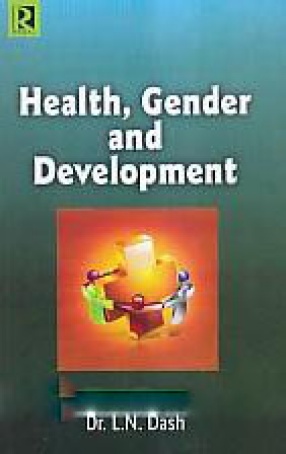
Showing all 5 books


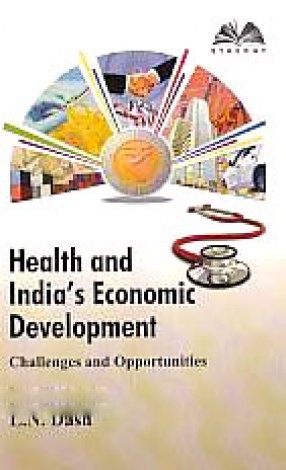
Health is a form of human capital which facilitates economic development of a nation in very many ways. As poverty level has declined in the post-liberalsation period, the income level of the people has gone up. This has resulted in the expansion of health seeking behaviour of the people. Despite this public expenditure as a percent of GDP has not increased much. Even after the allocation of huge amount of funds through the NRHM programme, public expenditure as a ...
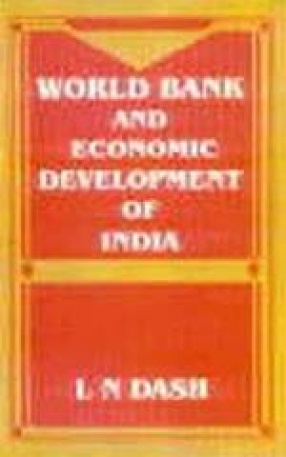
The 20th century has witnessed the growth of internationalism. A number of international institutions were created in the post-war period to facilitate the evolving unified world society. The World Bank is one of them. This supernational world organisation has played important role in the development process of many developing countries. Against this backdrop the present work deals with the extent of World Bank's pivotal role in the economic development of India. ...
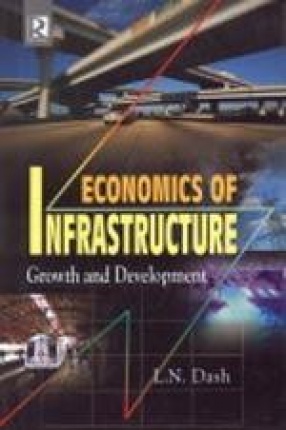
Infrastructure is the foundation for development of any country. Recognising their importance in economic development and for the society as a whole, these services are also referred to as "Social Overheads'. Yet for millions in many poor countries, these services are still beyond reach. The development community and the developing countries recognize the key role that infrastructure pays, both directly and indirectly. The myriad kinds of issues/problems ...
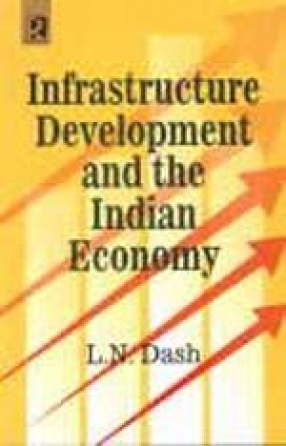
Infrastructure represents the wheels of economic activity. Adequate infrastructure provision helps to diversify production, expand trade, cope up with population growth, reduce poverty, etc. There is a close link between infrastructure and development. A one per cent increase in the stock of infrastructure is associated with a one per cent increase in Gross Domestic Product (GDP). Infrastructure services also contribute to environmental sustainability. Adequate ...
